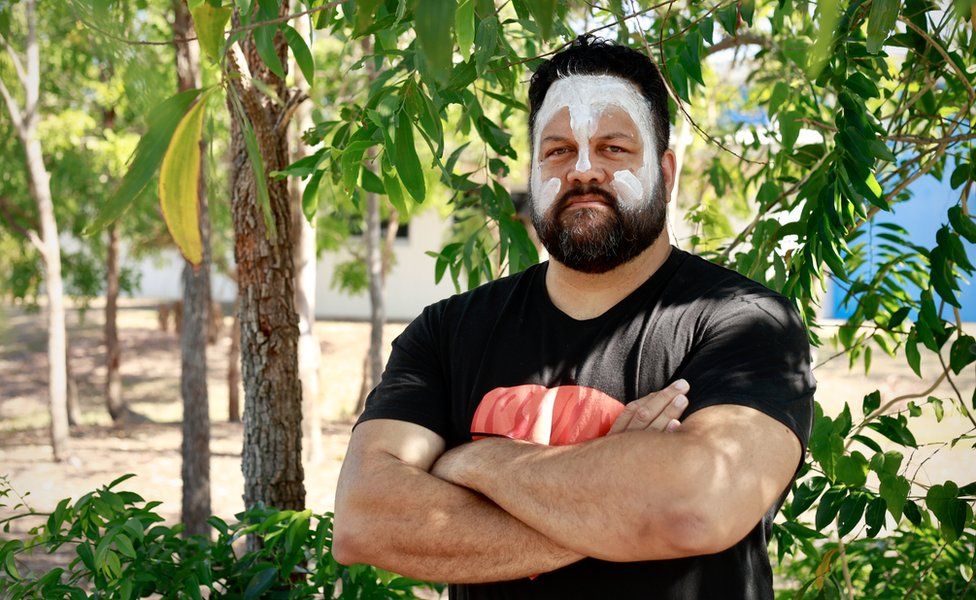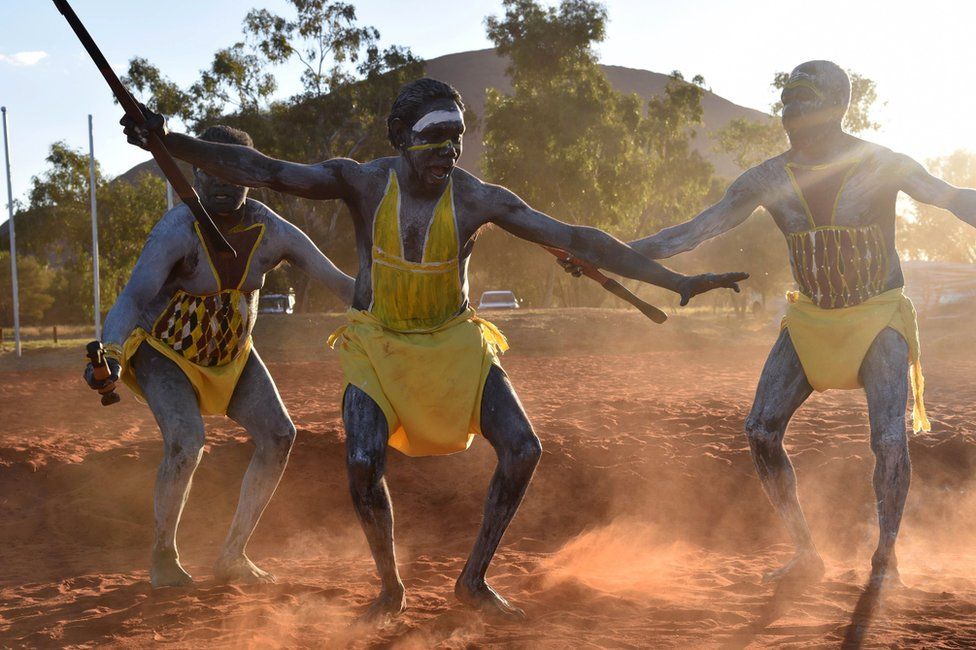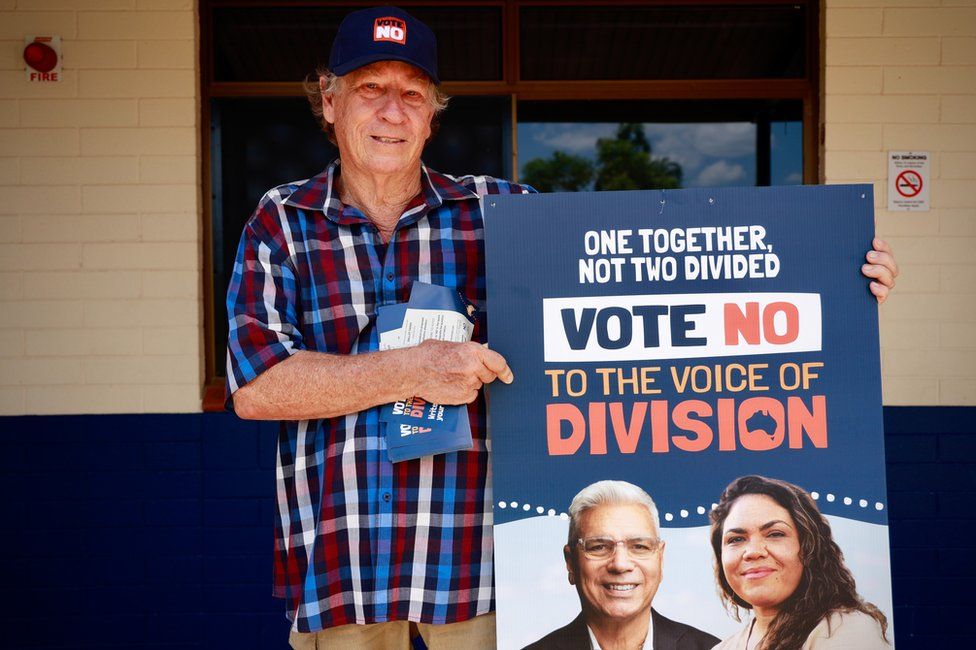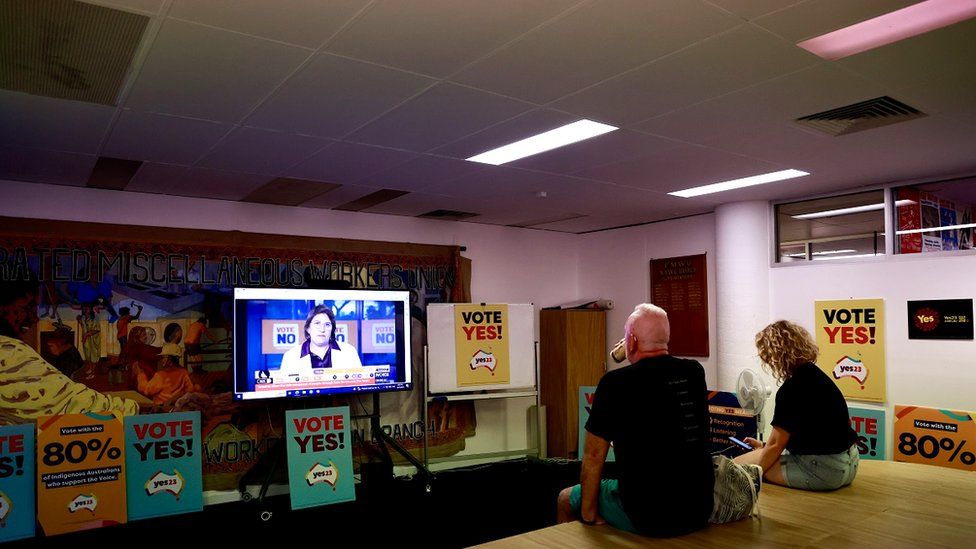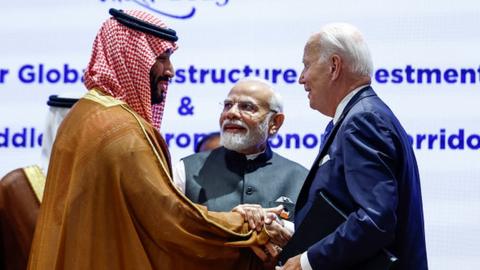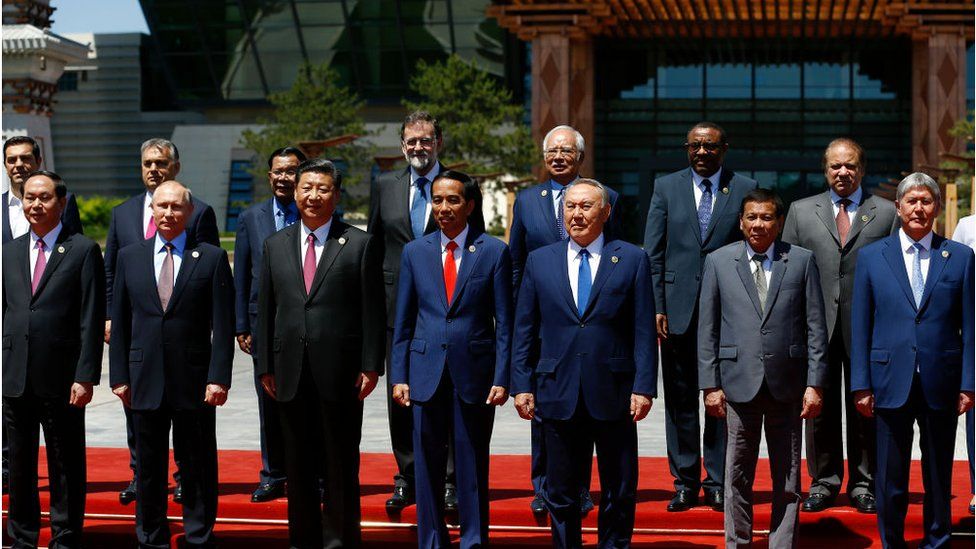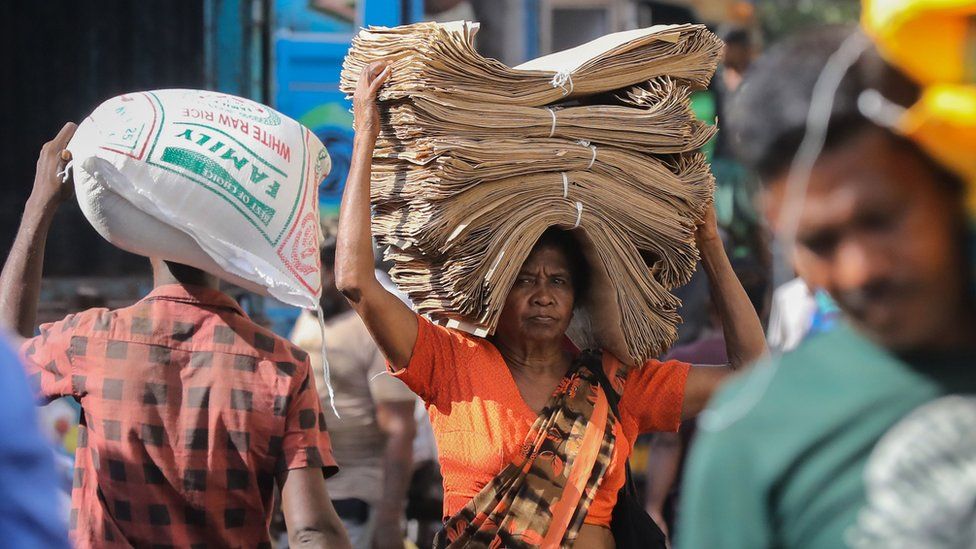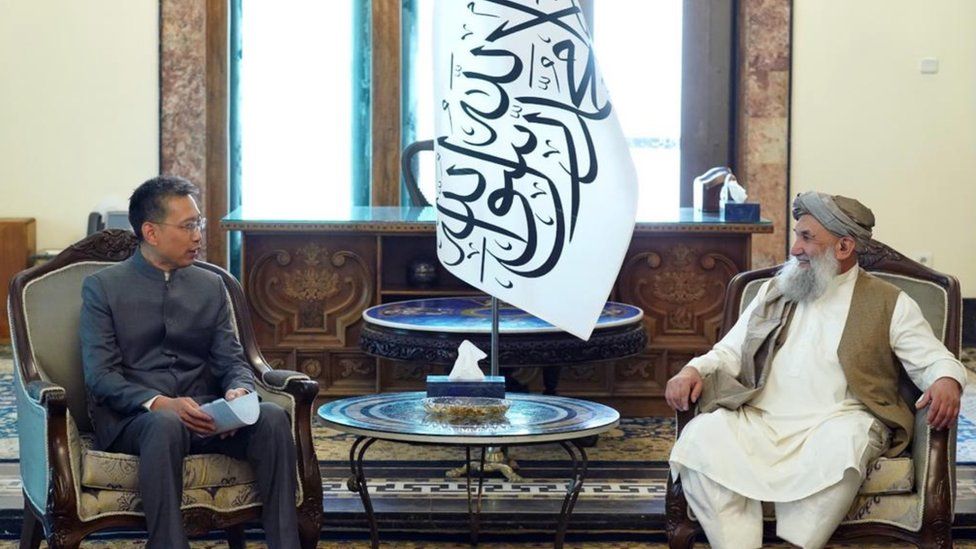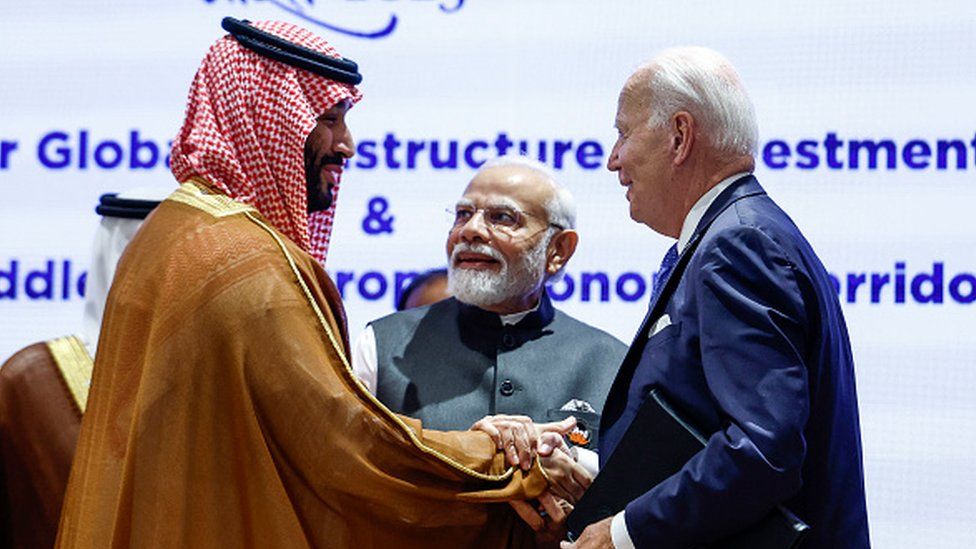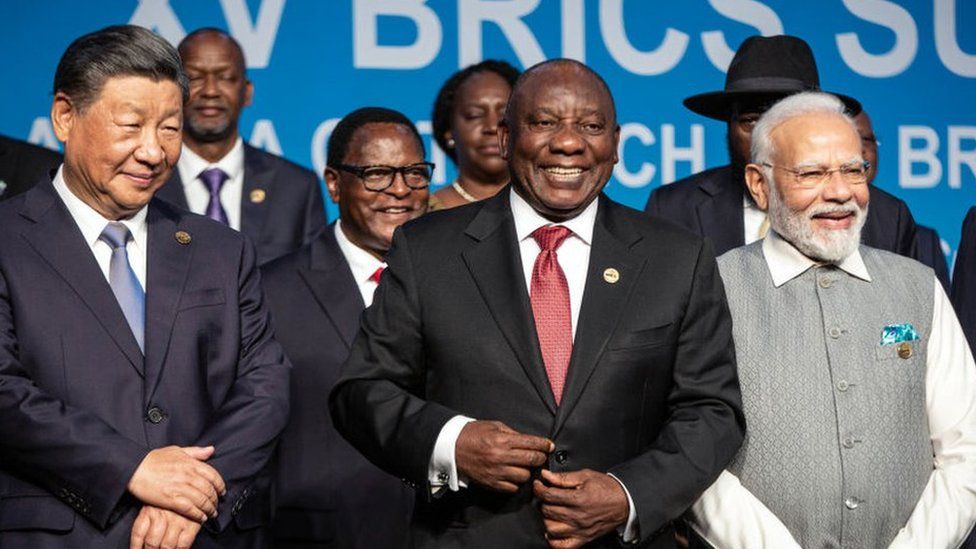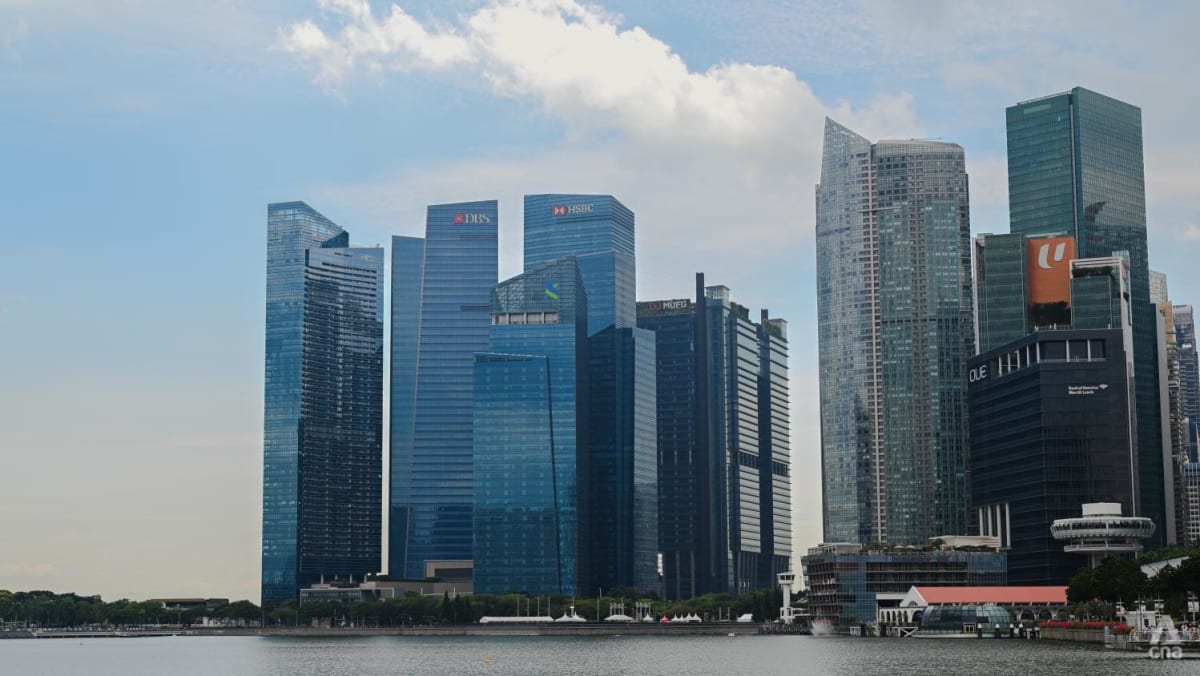Chula’s MBA Vision: Nurturing tomorrow’s sustainable business leaders
Executive’s opinion: Each program is properly tailored to meet the varied needs of students and offer in-depth learning experiences over a shorter period of time.

With its international perspective, social focus, and exclusive Triple Crown Accreditation, Chulalongkorn Business School’s MBA program prepares students to run sustainable businesses in the fast changing business environment of the future.
The MBA program at Chulalongkorn Business School provides meticulously crafted programme that support a new global business model that promotes sustainability and equilibrium by balancing corporate profits with the value of sharing. This forward-thinking strategy opens the door for a new business attitude in the nation, one that is characterized by an international perspective and moral considerations.
The Chulalongkorn Business School’s Master of Business Administration Program, which was started in 1982, is managed with a wealth of knowledge and experience. To stay current with the rapidly changing global landscape, it continuously updates and improves its education. The program’s latest achievement of the coveted Triple Crown Accreditation, bestowed by AACSB from the United States, EQUIS from Europe, and AMBA from The United Kingdom, highlights its prominent position in the field of business management. MBA Chula is one of a select group of less than 1 % of organizations that have received this esteemed recognition out of the 30, 000 business colleges worldwide. Additionally, it is one of the top 100 business schools in the world.
Chulalongkorn Business School( CBS ) acknowledges that in a world where there are significant obstacles like uncertain business prospects and the effects of climate change, profit-centric approaches are no longer viable. In order to promote responsible success for both business owners and their supply stores, numerous business schools are reiterating the value of ethics.
The professional team of MBA Chula is happy to offer comprehensive information to help students better understand the agency’s core values. They are Krisana Vasamitanan, the director of the MBA ( Young Executive / 1 ) Program, Vitara Pungpapong, and Nuttapol Assarut, who also serves as the program’s director( Executive ) Program. They go into detail about how the business environment is changing as a result of fierce global contest made possible by efficient modern technology and connected networks. The development of an internationally oriented perspective and local insights — crucial components for business success— depends heavily on local businesses.
What kind of leadership do we aspire to develop? is the basic question that guides the design of our courses. They gave an explanation. Our company leaders should have both hard and soft capabilities, especially when it comes to business ethics and value creation in the context of social businesses. We want to give our pupils business knowledge and experience that are based on knowledge.
Each program is properly tailored to meet the various needs of the students and offer in-depth learning experiences over a shorter period of time. Students are given a wider range of options by this strategy, allowing them to choose programs that are in line with their particular interests. Additionally, it makes sure that the program is versatile and current. The program’s integrative collaboration, which draws expertise from disciplines like management, marketing, finance, accountancy, and statistics, produces modern and useful courses that are immediately applicable in real-world business scenarios.
It has emphasized the growing significance of data and information analysis information for future leadership due to a change in the digital conversion business. MBA Chula has acknowledged this place by incorporating in-depth data analysis methods for more precise decision-making. The program fosters a solid sense of modern morality in addition to technical skills.
Additionally, the program includes a thorough examination of business ethics and the development of shared worth through social issues. Kids work together in groups to analyze a social issue of their decision and then present resolving it for business purposes. They actively work with local communities to create the best marketing plans and inventions for showcasing locally produced goods. The agency’s effectiveness in boosting community incomes is attested to by many success stories.
MBA Chula firmly believes in the value of practice because it can aid students in fully comprehending the specialized studying ecology and empower their minds and skills to successfully implement business-based solutions. It has required at least three years of work experience for candidates. Through a number of partnerships with top colleges in Asia, Europe, and North America, it has also increased students’ knowledge and expertise. These collaborations give individuals a window into business techniques in various cultural contexts, promoting the growth of international organization skills.
Additionally, all MBA students have the option to apply for the Global Business Track, which entitles them to spend one year at CBS and the following year on a global trip with students from the Universities of Glasgow( Scotland ) and Victoria( Canada ). Future improvements to this program are planned, with plans to convert it from a certificate to an additional dual degree with an University of Victoria( Canada ) Master of Global Business. Additionally, CBS continues to collaborate with prestigious institutions like Seoul National University, Harvard Business School, Kedge Business Schools, Singapore Management University.
In the case of the English Program, it meets the needs of individuals looking for a weekend research routine while traveling abroad. Expat individuals living in Thailand are especially welcome to participate in this program because it gives them the chance to develop their specialized knowledge while they are there. Notably, expat students have given the English Program a lot of positive feedback, increasing their representation in the current class from 10 % to 20 %.
For individuals aspiring to higher senior positions, MBA Chula has offered a preparatory level. A system of international site visits has been made available for studying successful companies in Tokyo, Kyoto, Hiroshima, and Nagoya or for learning about responsible business practices at a century-old Japanese company. These encounters give kids useful insight into international business practices that they can use in their own contexts.
Secondly, students have access to a unique lifelong learning program that enables them to maintain their education at the university. Additionally, it’s a great chance to interact with younger people and learn from their ideas and technological advancements, demonstrating the idea that learning is an ongoing process.
Four different MBA programs are available at Chulalongkorn Business School: the Regular Program, Young Executive Programs, Executive Programme, and English Program. Each program is designed to meet the unique origins and requirements of its students. An MBA Chula Open House is scheduled for November 19, 2023, to provide more details about the MBA system. Insight into the system and its products will be provided by this event.
Under the auspices of” Nurturing Tomorrow’s Sustainable Business Leaders ,” MBA Chula is a truly educational institution for students seeking success in business.











